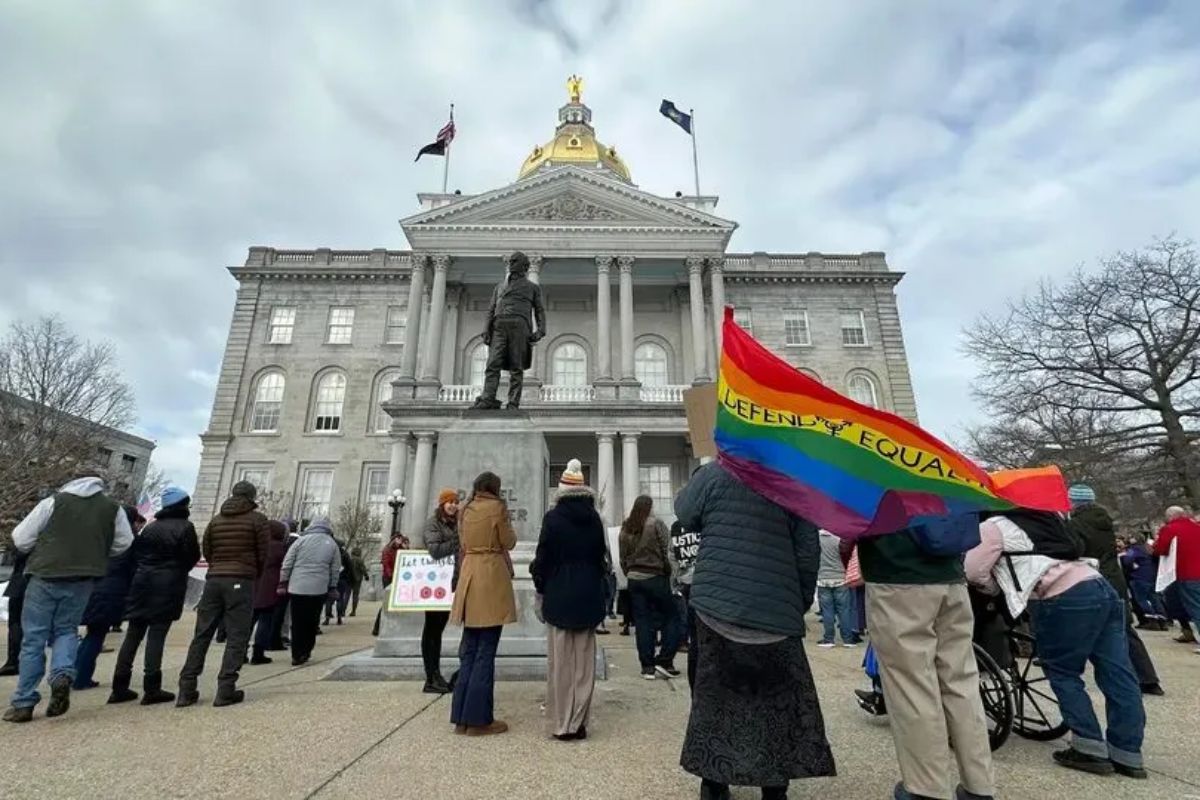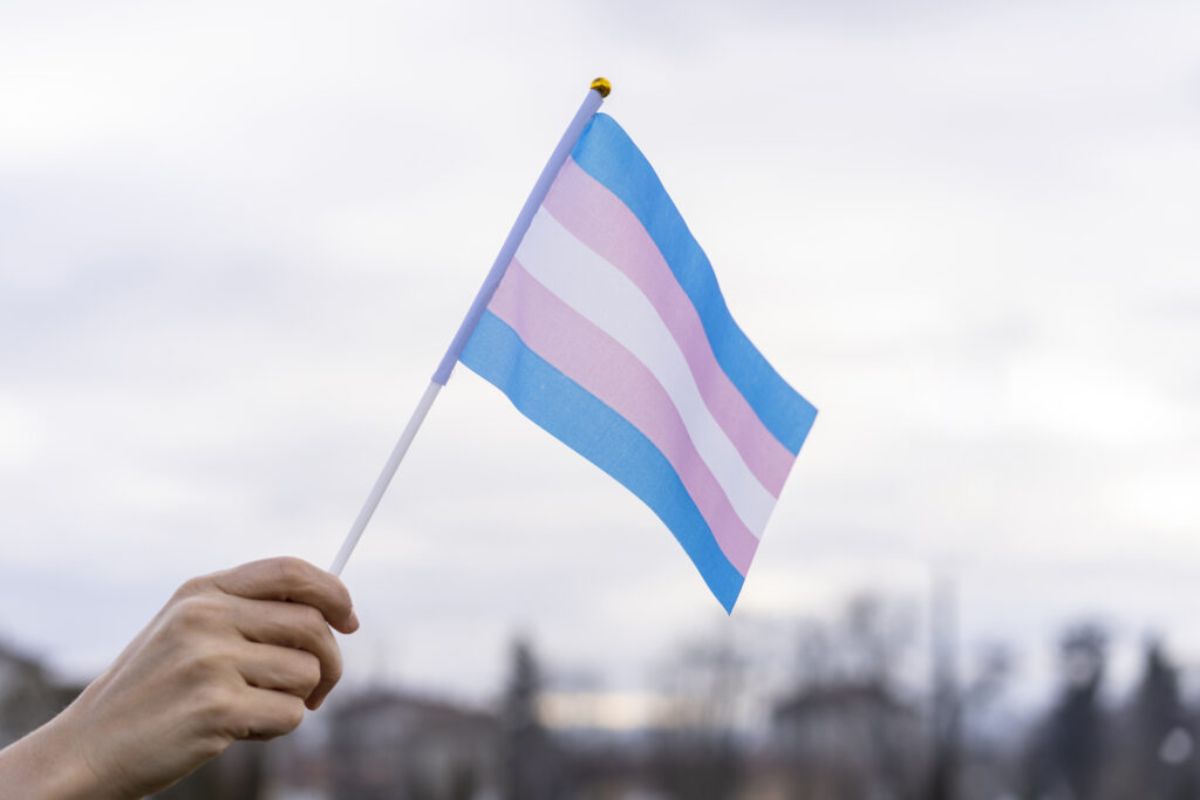Alabama’s Gender-Affirming Care Ban Upheld: The recent ruling by the U.S. 11th Circuit Court of Appeals to uphold Alabama’s ban on gender-affirming care has significant implications for both healthcare providers and minors seeking necessary medical treatments. This decision not only reflects a broader trend in state legislation regarding transgender rights but also raises critical questions about the balance between legal precedents and individual healthcare autonomy. As advocacy groups mobilize to challenge the law, it remains to be seen how this landscape will evolve and what strategies may emerge to confront the ongoing legal and social ramifications.
Key Takeaways
- The upheld ban will significantly limit access to gender-affirming care for transgender minors in Alabama.
- Legal challenges from advocacy groups and affected families may continue, potentially leading to further appeals.
- Healthcare providers in Alabama must adapt their practices to comply with the new legal landscape, risking criminal penalties for violations.
- The dissenting opinions may influence future legal arguments and public discourse surrounding gender-affirming care.
- Ongoing monitoring of the law’s impact on transgender youths could prompt legislative changes or additional court reviews in the future.
Court Decision and Judges’ Opinions
The recent court decision regarding Alabama’s ban on gender-affirming medical care underscores the complexities of legal interpretation and constitutional rights. The U.S. 11th Circuit Court of Appeals upheld this ban, with a panel of judges split in their reasoning. The decision, articulated in a 173-page document, featured five distinct opinions, reflecting diverging judicial philosophies and interpretations of the 14th Amendment.
Judge Barbara Lagoa, who authored the original opinion, cited the Supreme Court’s Dobbs v. Jackson Women’s Medical Center, arguing that rights must be historically grounded. Lagoa contended that no historical precedent supports a parental right to gender-affirming care for minors, asserting that the law aligns with the equal protection clause.
Conversely, dissenting opinions from judges appointed by former President Obama criticized Lagoa’s methodology, arguing that it improperly mandates historical analysis from 1868 to evaluate contemporary medical practices.
Judge Robin S. Rosenbaum’s dissent highlighted the absurdity of prioritizing outdated medical treatments over modern healthcare.
This division among judges illustrates the contentious nature of legal interpretations surrounding evolving societal norms and medical understandings, greatly impacting the discourse on gender-affirming care in the judicial system.
Alabama Law and Enforcement
Following the recent court ruling, the enforcement of Alabama’s ban on gender-affirming care is now firmly in place. This legislation, enacted in 2022, categorizes the prescription of puberty blockers and hormones to individuals under 19 as a felony, carrying potential penalties of up to 10 years in prison.
Additionally, the law prohibits genital surgeries, a practice that medical professionals in Alabama assert is not performed on minors.
Alabama Attorney General Steve Marshall has publicly reaffirmed the state’s commitment to enforcing this ban, framing it as a protective measure for minors against what he describes as “untested and life-altering chemical and surgical procedures.”
His assertion reflects a broader ideological stance that prioritizes the perceived welfare of children, despite the ongoing debates surrounding the medical necessity and ethical implications of such a prohibition.
The implications of this law extend beyond the courtroom, influencing medical practice, healthcare access, and the lives of transgender minors and their families.
As enforcement continues, the legal landscape surrounding gender-affirming care in Alabama remains a focal point for advocacy, scrutiny, and potential future legal challenges.

ALSO READ: Mayor Reed’s Bold Move: Backs Shomari Figures for Congress
Plaintiffs’ Arguments and Responses
Numerous plaintiffs, including transgender youth and their families, have mounted a legal challenge against Alabama’s gender-affirming care ban, asserting that the legislation infringes upon their constitutional rights by denying essential medical treatments significant for both physical and psychological health.
They argue that the ban undermines the autonomy of families to make informed medical decisions and disregards established medical guidelines that support gender-affirming care as safe and effective.
During hearings, experts in transgender healthcare emphasized the rigorous protocols, including multiple counseling sessions and parental consultations, that precede any treatment decisions, reinforcing the argument that these interventions are not only beneficial but necessary.
The Southern Poverty Law Center and other advocacy groups noted their disappointment in the ruling but expressed optimism in dissenting opinions that recognized the merits of the plaintiffs’ arguments.
While the three-judge panel upheld the ban, dissenting opinions highlighted concerns about the court’s interpretation of fundamental rights related to gender-affirming care.
The plaintiffs maintain that the overwhelming evidence supports the essential role of these treatments for adolescents experiencing gender dysphoria, asserting their commitment to continue challenging the legislation as a violation of both individual rights and medical best practices.
News in Brief
The ruling by the U.S. 11th Circuit Court of Appeals to uphold Alabama’s ban on gender-affirming medical care underscores significant legal and ethical challenges surrounding transgender rights. This decision not only restricts access to critical healthcare for minors but also raises questions about parental rights in making medical decisions. Advocacy groups are likely to amplify their efforts in challenging the law, emphasizing the necessity for equitable access to gender-affirming treatments amidst growing legal opposition.

